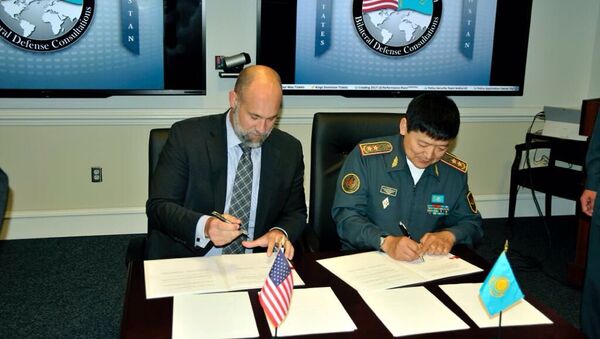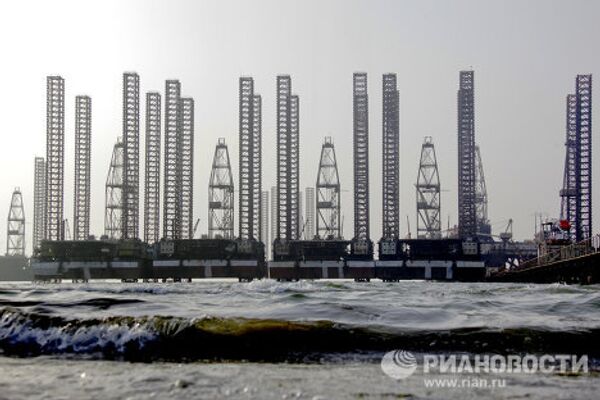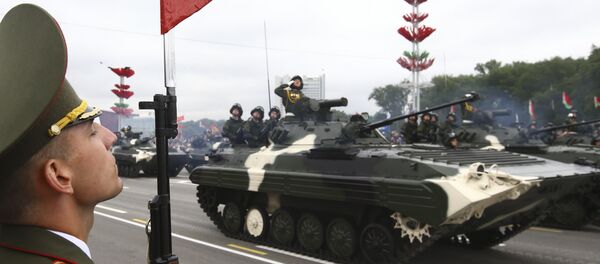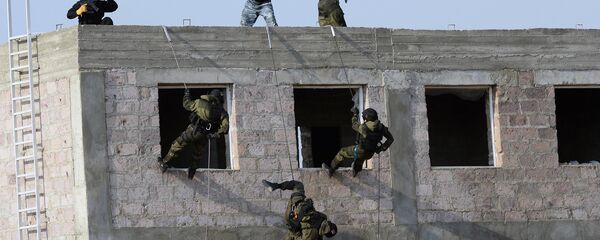Earlier this month, a delegation from Kazakhstan's Defense Ministry headed by Deputy Minister of Defense Talgat Mukhtarov met their US counterparts in Washington for bilateral discussions on defense. Following talks, the two sides agreed to renew Kazakh-US military cooperation for another five year period, up to the year 2022. During their US visit, Kazakh officials met with representatives from the Department of Defense, the National Guard Bureau, the US Army and the National Defense University.
Washington has provided Astana with security assistance in the country's western regions, most of it aimed at protecting Kazakhstan's Caspian Sea oil resources, where US oil companies are heavily invested. The US has also provided Kazakh military personnel training under NATO standards, ostensibly to enable them to participate in the alliance's foreign operations.
Some observers are concerned that the Central Asian country, seem by Moscow as its key ally in the region, may be turning to the US for help with building up its own navy in the landlocked Caspian Sea. Worse yet, according to Pravda.ru contributor Aydin Mehdiyev, it cannot be excluded that the Pentagon's ultimate goal may be to create a naval base in the Caspian Sea.
"After the collapse of the USSR, Russian warships have been predominant in the Caspian, while Kazakhstan's military fleet is only under construction. In this connection, it cannot be excluded that the training ground in the port of Aktau may be transformed into a base for the US Navy," Mehdiyev wrote.
"The Pentagon's goal is obvious," Mehdiyev warned; the US seems intent on "gradually ousting Russia from Kazakhstan as Astana's main military ally, and on placing its own military base [there] at the first opportunity."
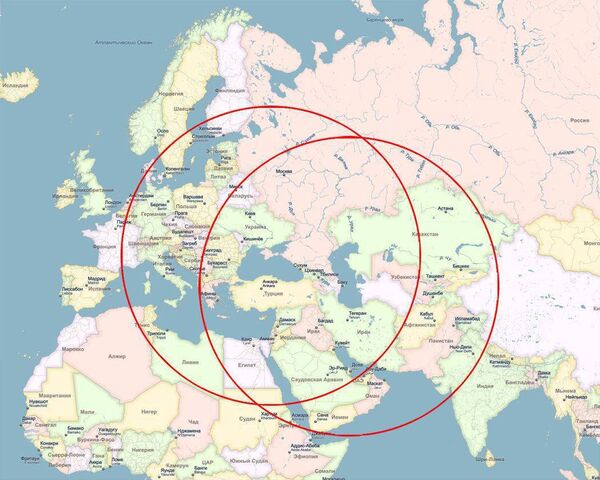
Speaking to Russia's Svobodnaya Pressa online newspaper, respected Russian military observer Viktor Litovkin said that although there certainly are reasons for Moscow to be concerned about continued Kazakh-US military cooperation, for the moment at least, Russia's geopolitical and military position remains unassailable.
"As long as Kazakhstan remains a member of the [Russia-led] Collective Security Treaty Organization, no [foreign] naval base – even a symbolic one, can appear on the Caspian Sea," the expert stressed.
In other words, Litovkin said, "the fact that Kazakhstan cooperates with the US in military-technical matters is that country's sovereign right, so long as it does not damage the collective security treaty [with Russia]."
It's true, the observer noted, that "Kazakhstan apparently wants to receive some US military vessels second hand. It has already done so previously. The country does not have the opportunity to build its own ships, or to get them from Russia. We are lagging behind in rearming our own fleet, and so do not have an opportunity to build ships for neighboring states."
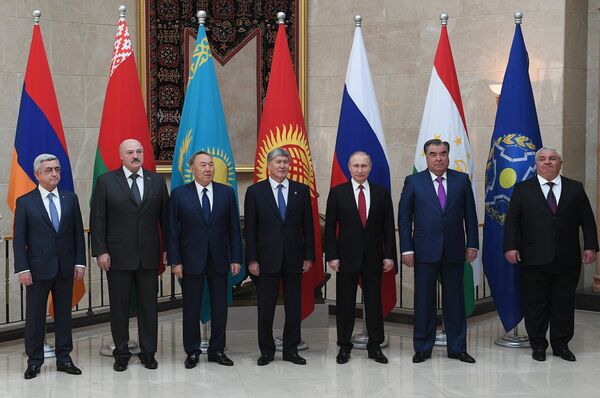
"As far as training officers in the US, this of course is not very good from Russia's point of view. But it's also not a question that should be a cause for doubt in Astana's reliability as our ally," Litovkin noted.
For his part, political scientist Maxim Vilisov stressed that while Moscow "shouldn't fear" contacts between the Kazakh and US militaries, "this process must nevertheless be kept under observation. Kazakhstan is our military ally within the CSTO. The country has certain obligations [within this structure], but beyond that it can carry out military-technical cooperation with others, including the US, China or any other country."
Astana, Vilisov recalled, has pursued a multi-vectored foreign policy ever since the collapse of the Soviet Union.
According to the observer, Kazakhstan has no interest in joining Western security structures, because they do not meet the country's fundamental security interests. "Astana understands that today the real threat [to security] comes not from any specific state, but from radical Islamist groups. In this sense, for Kazakhstan, Russia is really the most reliable ally, because we have the same interests."
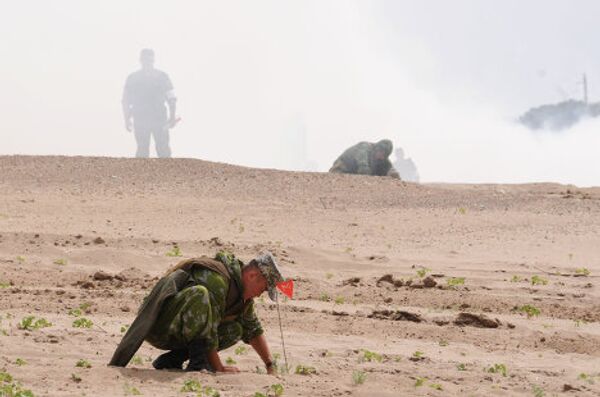
As far as Moscow's interests are concerned, Russia is primarily interested in Kazakhstan being a friendly state so that the two countries can jointly defend their southern borders, Vilisov noted.
Asked to comment on the prospects of Kazakhstan being torn out of Russia's orbit by Western structures, Vilisov suggested that even the nationalistic elements of Kazakhstan's elite have learned a lot from Ukraine's experience. Specifically, Kiev, despite having pulled a 180-degree turn away from Russia and toward the West, has not received Western assistance, but has instead drowned in social turmoil and economic chaos.
